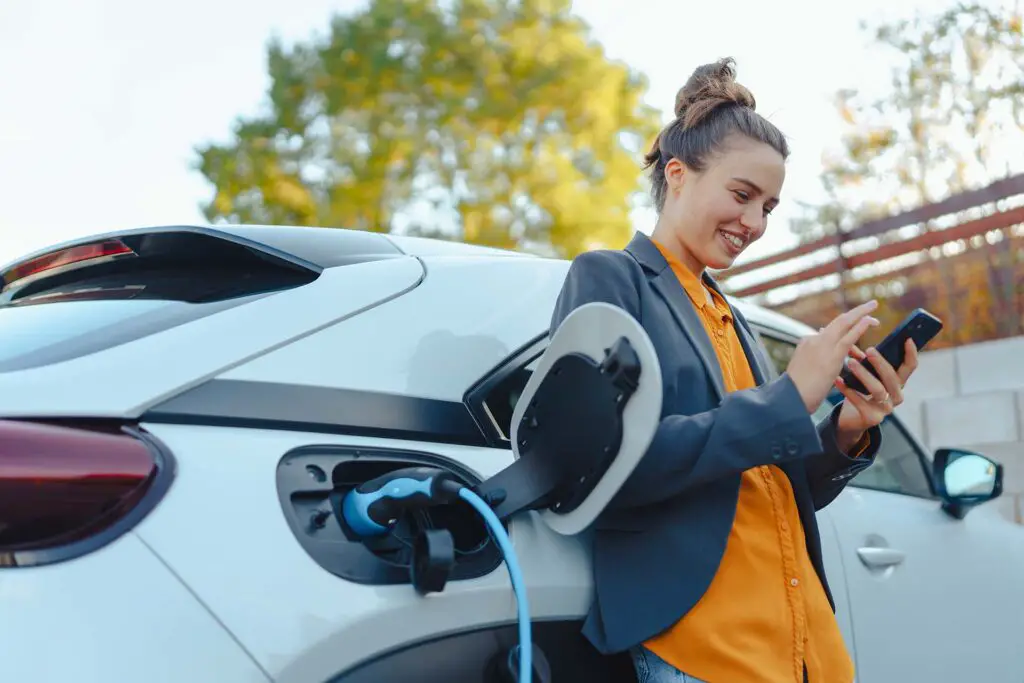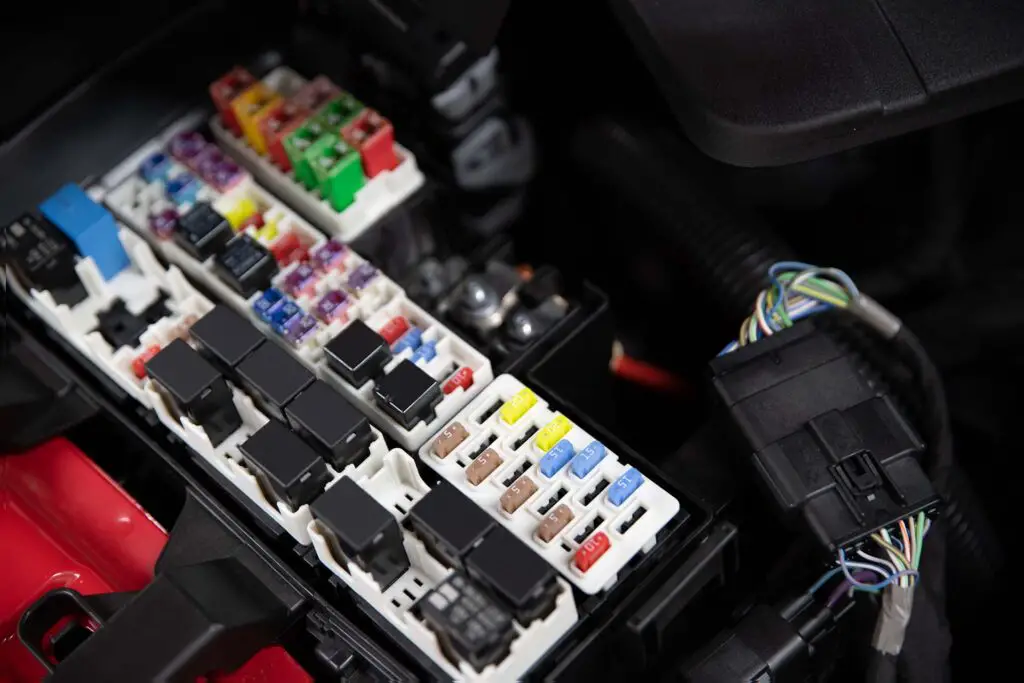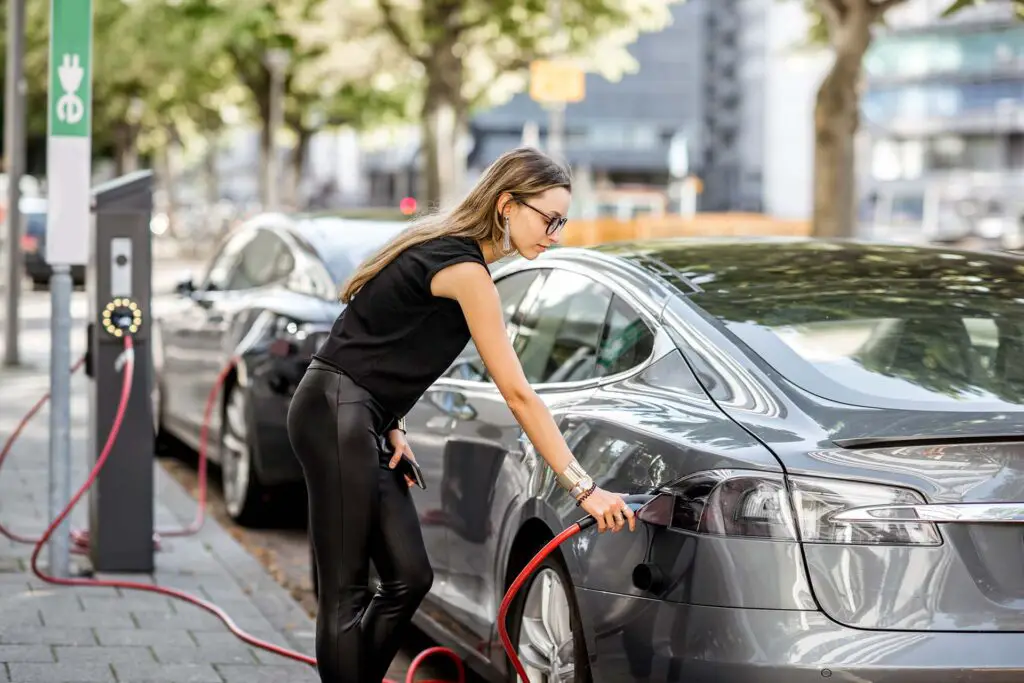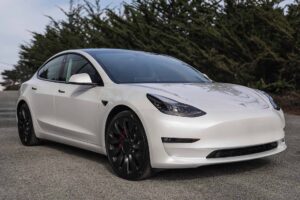In today’s rapidly evolving automotive landscape, the reasons to buy an electric car (EV) are more compelling than ever. From significant environmental benefits to economic incentives, technological advancements, and an unmatched driving experience, EVs offer a sustainable and futuristic approach to transportation. Let’s explore the multifaceted advantages of making the switch to electric, providing insights into how EVs are shaping the future of mobility.
The primary motivations for purchasing an EV include environmental benefits and economic advantages. EVs are a cleaner, more sustainable mode of transportation, significantly cutting down on urban air pollution. Technological advancements have improved EV battery life and range, making them suitable for a wider array of driving needs. The growing network of charging stations enhances convenience, while government incentives reduce the cost of acquisition.
#1 The Environmental Impact of Electric Cars in Significant
In an age where environmental conservation and sustainability are more than just buzzwords, the transition to EVs is gaining momentum. The allure of these four-wheelers extends beyond their innovative technology. They represent a concrete step towards a greener planet, economic savings, and a superior driving experience, especially for new drivers who are looking for their first ride.
EVs offer a greener alternative to traditional gasoline-powered cars, as they produce no tailpipe emissions. This is because EVs, which rely on a significant battery pack for power, do not consume gasoline or produce exhaust. While hybrid vehicles, which utilize both electric and gasoline power, do generate some emissions, their output is typically lower than that of conventional vehicles.
Moreover, these rides boast greater energy efficiency compared to their gasoline counterparts. Car efficiency is gauged by the amount of energy required to propel the vehicle through a specific driving scenario, with variations arising from speed, weather, and road conditions.
According to the US Department of Energy, traditional gasoline vehicles are significantly less efficient, effectively utilizing only about 30% of their energy for propulsion. Conversely, EVs convert approximately 65% to 69% of their energy directly to wheel power. Additionally, electric cars have the capability to regenerate energy and recharge their batteries during braking, further enhancing their efficiency levels.
Reducing Carbon Footprints With EVs
One of the most significant advantages of EVs is their role in diminishing the overall carbon footprint. Unlike their gasoline-powered counterparts, these vehicles emit zero tailpipe pollutants, contributing significantly to cleaner air and a reduction in greenhouse gas emissions. This shift is crucial in combating climate change and improving air quality in urban areas, where vehicle emissions are a leading pollution source.
The Role of Renewable Energy in Charging Electric Cars
Integrating EVs with renewable energy sources enhances their environmental benefits. When EVs are charged using solar, wind, or hydroelectric power, their indirect emissions are further minimized, edging closer to a truly zero-emission vehicle. This synergy between EVs and renewable energy presents an eco-friendly charging solution that underscores the sustainability potential of electric mobility.

#2 There are Many Economic Benefits of Electric Vehicle Ownership
The economic incentives for choosing an electric car are compelling. On average, the cost of electricity needed to power an EV is significantly lower than the fuel costs for gasoline vehicles. Furthermore, EVs boast fewer moving parts, leading to reduced maintenance expenses. This means that the overall cost of owning an electric car can be substantially lower, making them not only an environmentally friendly choice but also a financially savvy one.
Lower Operating Costs of Electric Cars
In California, charging an EV for the same distance typically costs about half as much as fueling a gasoline-powered car, allowing most drivers to start their day with a full charge after charging overnight at home. The widespread availability of workplace and public charging stations ensures accessibility to charging options. Additionally, EVs, particularly hydrogen fuel cell vehicles, may offer benefits such as free fuel offers for a limited time.
Expect lower electric car maintenance costs due to fewer moving parts and no need for traditional oil changes or fuel-related maintenance, contributing to overall savings. Furthermore, many electric utilities provide time-of-use rates, reducing charging costs during off-peak hours. Here are some important things you need to know about.
Comparing Operating Costs – EVs vs. Gasoline Vehicles
Explained simply, the Department of Energy (DOE) calculates the operating expenses of an EV to range from 2 to 6 cents per mile. The highest expense scenario, 6 cents per mile, translates to $1.44 for every 24 miles driven. In comparison, a gasoline vehicle achieving 24 miles per gallon would incur a cost of $3.44 (based on the national average price for a gallon of regular gasoline as of late January 2023) to cover the same distance.
Regional Gasoline Prices and the Advantage for EV Owners
In Washington, the price of gasoline is among the highest in the country, with the American Automobile Association (AAA) noting an average of $4.07 per gallon for regular gasoline in late January (a decrease from $5.40 per gallon in October).
Meanwhile, in Idaho, the price of regular gasoline stood at $3.42 per gallon. However, due to the significant use of hydroelectric power, both Washington and Idaho benefit from some of the lowest electricity rates per kilowatt-hour in the nation, leading to substantially lower costs for EV owners when charging their cars.
The Economic Case for EVs in States with Low Electricity Rates
Therefore, with the ongoing lower costs of electricity and the higher costs of gasoline, drivers of EVs in Washington and Idaho are positioned to continue realizing considerable savings on their vehicle operating costs compared to those driving gasoline-powered vehicles, even if gasoline prices were to decrease.
Government Electric Vehicle Incentives and Subsidies
Another benefit of switching to electric vehicles is the potential for tax incentives. The US government offers up to $7,500 in federal tax credits for purchasing an electric or plug-in hybrid vehicle. However, the 2022 Inflation Reduction Act has introduced stricter criteria for eligibility. Now, to be eligible for electric vehicle tax credits, new four-wheelers must have a purchase price of no more than $55,000, while new trucks, vans, or SUVs can be priced up to $80,000.
Additionally, all vehicles must be manufactured in North America, meaning the assembly and battery production must occur within this region. Furthermore, these credits are subject to income restrictions for the buyers. A notable amendment within this legislation now allows for a tax credit on the purchase of used electric vehicles, offering up to $4,000 or 30% of the sale price, provided the vehicle’s sale price does not exceed $25,000.
In Washington state, residents could avail themselves of a sales and use tax waiver, which offered up to $20,000 off the sale or lease of an EV until July 31, 2023. Beyond this date, a reduction of up to $15,000 will be available until July 2025. For used EV purchases, a tax exemption of up to $16,000 is accessible through July 2025.

#3 Constant Advancements in EV Technology
Significant strides in battery technology for EVs have addressed one of the early concerns of potential buyers: electric vehicle range anxiety. Today’s EVs come with batteries that offer longer life spans and extended ranges, making long trips feasible and convenient. This improvement not only enhances the practicality of EVs but also makes them a viable option for a broader range of consumers.
Expanding Charging Infrastructure
The growing network of EV charging stations is another testament to the rapid advancement in this technology. With an increasing number of public charging stations and the option for easy home charging setups, the infrastructure is evolving to support the needs of EV owners. This expansion ensures that charging an EV is becoming as straightforward as refueling a traditional car, if not more so.

#4 You Get Exceptional Driving Experience With Electric Cars
When you accelerate in an EV by pressing the pedal, the motor instantly delivers power, facilitating quick speed increases. Additionally, the vehicle is designed with an innovative braking system that not only decelerates the car when you ease off the accelerator or apply the brakes but also harnesses this energy to recharge the battery slightly.
Performance Benefits of EVs
Electric cars are renowned for their impressive acceleration and handling. The instant torque delivered by electric motors provides a swift and responsive driving experience. This performance advantage, coupled with the low center of gravity in many EVs, results in superior handling, making driving an electric car not just eco-friendly but exhilarating.
Quiet and Smooth Operation
One of the most noticeable differences when driving an electric car is the quiet operation. The absence of engine noise significantly reduces noise pollution, contributing to a more peaceful environment. Additionally, the smooth acceleration and deceleration of EVs offer a comfortable ride, setting a new standard in driving pleasure.

#5 Getting EV Will Bring Us Closer to Environmental Protection Goals
Recent studies have identified the states with the greatest density of EVs, measuring the number of electric vehicles per 100,000 residents, with California leading the way. Adopting an EV aligns with broader global sustainability and environmental protection goals. By choosing an electric car, individuals can directly contribute to reducing reliance on fossil fuels and lowering emissions, playing a vital role in the collective effort to combat climate change.
The Growing Second-Hand Market for Electric Cars
The market for second-hand electric cars is expanding, providing an accessible entry point for more people to join the green movement. As electric cars’ reliability and longevity are proven, a robust market for used EVs is emerging, making sustainable transportation options more widely available.

Embracing the Electric Future and The Road Ahead
The transition to this kind of four-wheeler offers a plethora of benefits, from environmental impact reduction and economic advantages to technological advancements and an enhanced driving experience. With reasons to buy an electric car ranging from contributing to cleaner air through zero-emission vehicles to enjoying lower operating costs and cutting-edge technology, the case for electric mobility has never been stronger.
As we look towards a future where sustainable transportation prevails, consider how switching to an EV can positively affect the planet, your wallet, and your driving pleasure. The time to go green on wheels is now, and the road ahead is electric.
Frequently Asked Questions About Electric Cars
Are Electric Cars Really Better for the Environment?
Electric cars are indeed better for the environment, primarily because they emit no tailpipe pollutants and typically generate fewer greenhouse gases over their life cycle compared to conventional vehicles. Their environmental advantage grows stronger in regions where electricity is produced from renewable sources like wind, solar, and hydro.
How Long Do Electric Car Batteries Last?
Batteries, on average, last between 10 to 20 years before their performance declines to a level where replacement might be considered. Advances in battery technology continue to extend their lifespan and efficiency, making EVs increasingly reliable over time.
What Are the Typical Maintenance Costs for an Electric Car?
The typical maintenance costs for an EV are generally lower than those for gasoline vehicles. Electric cars have fewer moving parts, no oil to change, and less wear on brakes due to regenerative braking. Owners can expect savings on maintenance related to the engine, transmission, and other components that are present in internal combustion engines but absent in EVs.








